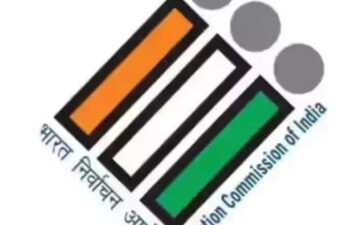“In pursuance of section 8 of the General Clauses Act, the Central Government hereby notifies that where any reference of the Indian Penal Code or the Code of Criminal Procedure or the Indian Evidence Act, 1872 or any provisions thereof is made in any—be read as the reference of the Bharatiya Nyaya Sanhita, 2023, the Bharatiya Nagarik Suraksha Sanhita, 2023 or the Bharatiya Sakshya Adhiniyam and the corresponding provisions of such law shall be construed accordingly,” read the Law Ministry’s notification.
The above notification applies to any act made by Parliament, legislature of any State, ordinance, regulations made under article 240 of the Constitution, President’s order or rules, regulations, order or notification made under any act, ordinance or regulation.
Revamping of India’s old criminal justice system:
The new criminal laws replace the Indian Penal Code of 1860, the 1973 Code of Criminal Procedure and the Indian Evidence Act of 1872, and came into effect last week.
- Court have to issue rulings within 45 days of completion of arguments, unlike earlier when no such time period was defined and led to prolonging of cases. Similarly, charges in a trial have to be framed within 60 days of the first hearing.
- Police investigation in offences against women and children has to be completed within two months.
- The maximum punishment – the death penalty – has been prescribed for offences such as gang rape of a woman aged under 18 and mob lynching.
- The government says sedition clauses have been abolished but a new clause punishing “acts endangering sovereignty, unity and integrity of India” has been created, which critics call a rehash of the controversial sedition law.
- Also allowed are trials in absentia for grave offences – a situation when the police is unable to trace the accused. The judge can rule on such cases and the punishment will be carried out once the person is found.
- Police raids and seizures will need to be mandatorily videotaped and forensic experts have to mandatorily visit a crime scene for serious offences.
- The new laws recognise digital records such as e-mails, server logs, messages, location and voice mails as evidence during a trial.
- Community service is introduced as an alternate to jail for offences like defamation and some other petty offences.
(more to come)







